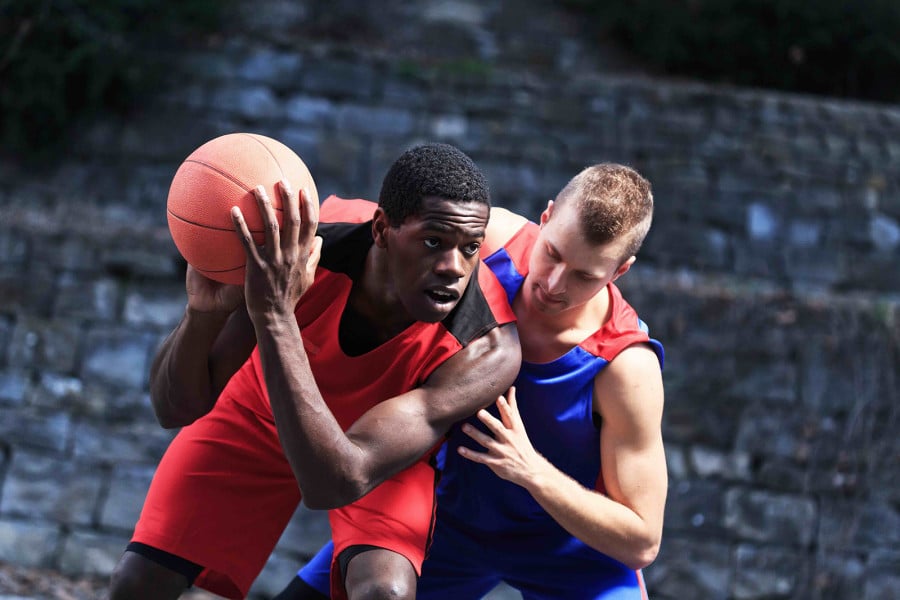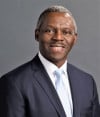The New NCAA Independent Accountability Resolution Process for Infractions Cases: An Overview

September 27, 2017 was a pivotal date for college athletics. The FBI made several arrests - including of four Division I assistant basketball coaches -- as part of a federal corruption investigation that focused on coaches being bribed to steer NBA-bound college basketball players toward certain sports agents, financial advisers and apparel companies. That scandal caused the NCAA to appoint a commission, the Commission on College Basketball, chaired by former Secretary of State Condoleezza Rice, to review the situation and make recommendations that would lead to "decisive action."
The Rice Commission, as it became known, issued its recommendations on April 25, 2018[1]. One of the recommendations, the creation of an independent process to resolve NCAA infractions matters (also known as rules violations), is the focus of this article. The relevant recommendation taken from the section headings of the report:
“Section 2: Establish Professional Neutral Investigation and Adjudication of Serious Infractions and Hold Institutions and Individuals Accountable
- Implement independent investigation and adjudication of complex cases.
- Enact and impose core punishments with significant deterrent effect.”
The NCAA moved quickly to implement the recommendations from the Commission.
There were working groups formed, comprised of individuals from the NCAA membership, that determined how to best implement the recommendations. The Enforcement Infractions Processes Working Group was comprised of conference commissioners, athletic directors, and others with deep knowledge related to the infractions process. It is that working group that put the contours around a new process for resolving infractions cases that has independent involvement and oversight.
The authors of this article are all involved in the new independent process – the Chair of the Infractions Referral Committee (who is also a member of the Independent Resolution Panel), the Administrative Officer for the Independent Resolution Panel and the NCAA Vice President of Hearing Operations, who provides strategic support and coordination for the Independent Accountability Resolution Process. The purpose of this article is to give a high level overview of this new process.
Contents
The Independent Accountability Oversight Committee 5
The Infractions Referral Committee 6
Sending a Case to the Infractions Referral Committee 7
Review by Infractions Referral Committee 8
Decision of Infractions Referral Committee 9
Independent Resolution Panel 13
Procedure Before the Independent Resolution Panel 15
Appointment of the Hearing Panel 15
Conferring with an Independent Resource During Case Review 19
Presentation of Statements and Evidence 20
Exclusion of Evidence at the Hearing 21
Interpretations of NCAA Legislation 21
Closing Arguments/Closing the Hearing/Post-Hearing Submissions 21
Amendment of Proposed or Self-Imposed Penalties 22
Transcription/Recording of Hearings/Confidentiality 22
Decision of the Hearing Panel 22
Immediate Penalties During Investigation for Failure to Cooperate 25
The Hearing Panel’s Job May Not Be Finished After Issuing a Decision 26
Using Technology to Aid Efficient Confidential Case Management 29
To continue reading or watching login or register here
Already a member? Sign in
Get access to all of the expert analysis and commentary at LawInSport including articles, webinars, conference videos and podcast transcripts. Find out more here.
- Tags: Arbitration | Basketball | College Sports | Dispute Resolution | NCAA | Regulation | United States of America (USA)
Related Articles
- Insuring student-athletes: what are the federal income tax implications of schools buying disability policies?
- Sport and commercial law – the year in review 2019/20
- Return to play for US college sports - legal risks, liability waivers and best practices
- Sport and intellectual property – the year in review 2019/20
Written by
Naima Stevenson Starks
Vice President of Hearing Operations
Naima Stevenson Starks is vice president of hearing operations, a position she assumed in June 2019 after a 13-year career in the national office, most recently as deputy general counsel and managing director of academic and membership affairs.
In her latest role, Stevenson Starks serves as direct liaison to the NCAA’s Committees on Infractions and Infractions Appeals Committees in all three divisions and oversees the staffs that support these committees. These committees decide on penalties for member schools and involved individuals for violating NCAA rules.
She also provides strategic coordination for the NCAA’s new Independent Accountability Resolution Process, which stems directly from the Commission on College Basketball’s recommendation to bring more outside voices and expertise into the NCAA’s infractions process.
Prior to her appointment as vice president, Stevenson Starks managed litigation activities and provided legal and regulatory counsel to various areas of the national office and NCAA governance committees.
Before joining the NCAA, Stevenson Starks was a corporate and securities associate with the law firm of Arnold & Porter in Washington, D.C. While at Arnold & Porter, she advised a variety of corporations on the ever-changing landscape in securities regulations, assisted clients with raising equity in private equity transactions, and advised clients in merger and acquisition transactions.
An experienced speaker and panelist, Stevenson Starks has served as a panelist for the Sports Lawyers Association, the National Association of College and University Attorneys, the Indiana Bar Association, and many colleges and universities.
Originally from Brooklyn, New York, she is a graduate of the University of Maryland, College Park and received her law degree from Harvard Law School.
Jeffrey Benz
Jeff started his law practice in San Francisco, first with a small maritime and admiralty firm and then with a major international law firm (Coudert Brothers) as an antitrust, commercial and IP litigator. As a former General Counsel of the United States Olympic Committee (where he was responsible for all of the legal work (commercial, regulatory, governance, and otherwise) of the world’s largest and most successful National Olympic Committee), and other leading sports entities (including a stint as a California licensed professional boxing promoter, and separately as professional beach volleyball executive), and as a former athlete, Jeff's sports credentials are without compare, though sports disputes form only a part of Jeff’s overall dispute resolution experience and practice.






